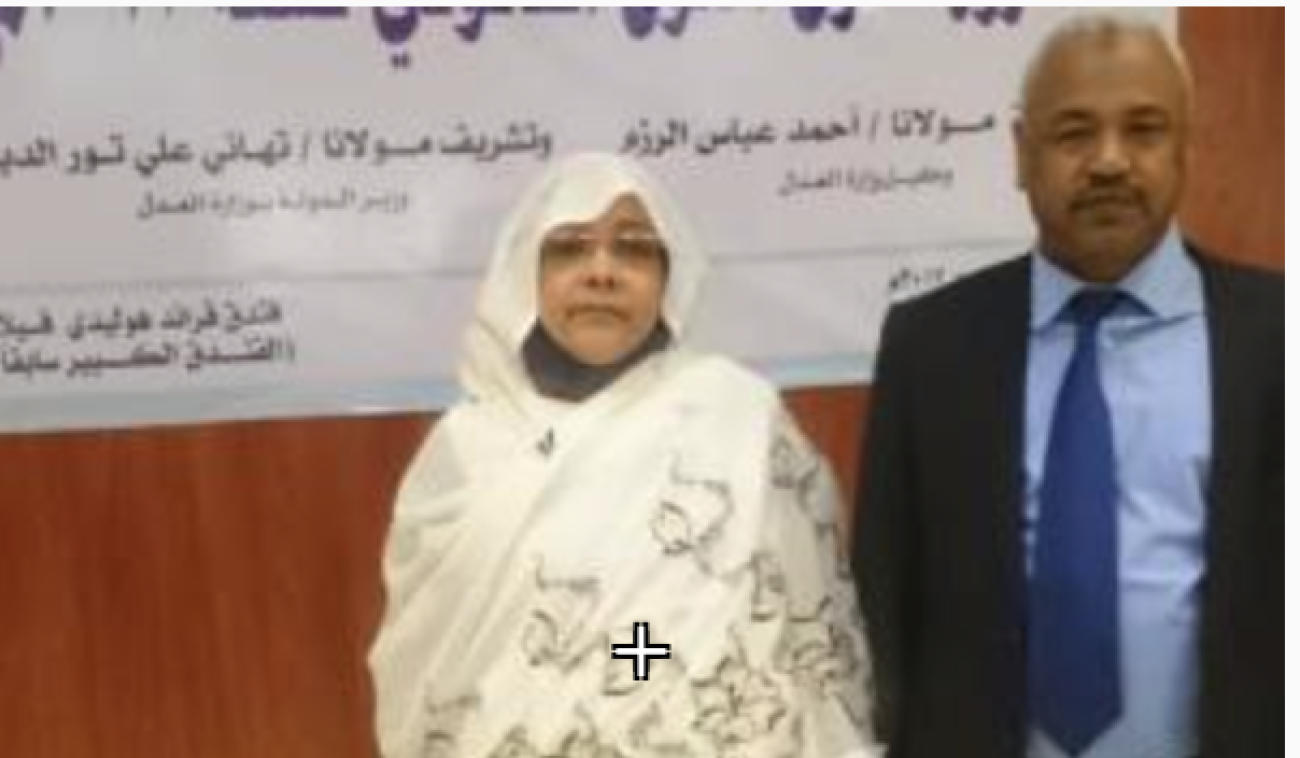Access to justice, particularly by vulnerable and poverty-stricken populations, remains difficult in regions such as Darfur. The absence of a comprehensive legislation in Sudan that ensures access to legal aid to those who cannot afford legal services meant that women and girls have had almost no avenues to seek justice when they became victimized in cases such as rape. For example, victims were unable to seek justice because their complaints against their perpetrators were not addressed beyond local courts and the cases usually ended up as dismissals or were turned into convictions of adultery for the victims.
To address this issue, UNDP supported the establishment of legal aid centres in Darfur as well as a legal aid networks that includes lawyers offering pro bono legal services to the poor. Ever since the inception, the legal aid centres have provided legal advisory and mediation services in over 3,500 cases and legal aid lawyers have provided free legal assistance and representation in over 1,070 instances.
Through the legal aid centres, paralegal volunteers provided free services at the community level and in cases where further legal assistance was required, lawyers from the legal aid networks offered their support. UNDP continues to monitor the referral of cases and the quality of the court representation and provides technical advice and guidance as required.
Nevertheless, the problem of accessing equitable justice remains. Many people across Sudan who require legal support are unable to access it due to absent legislation that ensures coverage. In response to this situation, UNDP worked with the Federal Ministry of Justice on devising a legal aid bill that avails legal support to those who cannot afford it. Throughout 2017, several workshops in both Khartoum and Darfur were arranged by both the Ministry and UNDP that brought together lawyers, prosecutors, civil society practitioners, police and human rights activists to deliberate the aspects of a legal aid bill that would ensure the access of legal services by the most vulnerable, particularly women.
“This is the first meeting of its kind that discusses legal support for those with minimum resources, to ensure access to their basic human rights – justice and fair trials” said Ahmed Yusef a Khartoum-based lawyer participating in one of the workshops.
“We had an open discussion about the current challenges, especially for rural populations and women in post-conflict areas, and the cultural barriers that stand in the way of enabling the poor, especially women, to access legal advice” continued Ahmed, who himself has offered pro bono services to a number of people who did not have the means to remunerate him for his time.
While local action proved beneficial to prevent violations of human rights and to uphold the rights of the vulnerable, specifically women, a law is required to ensure the sustainability of such efforts.
Through advocacy and capacity development support devised by UNDP in 2017, a draft legal aid bill is now tabled on the agenda of the Cabinet of Ministers to be sent to Parliament for full ratification.
“This is a triumph for all those who could not access justice in the past” says Ahmed who is very proud of the contribution he made during the workshops that engendered this draft legal bill that will hopefully become law.


